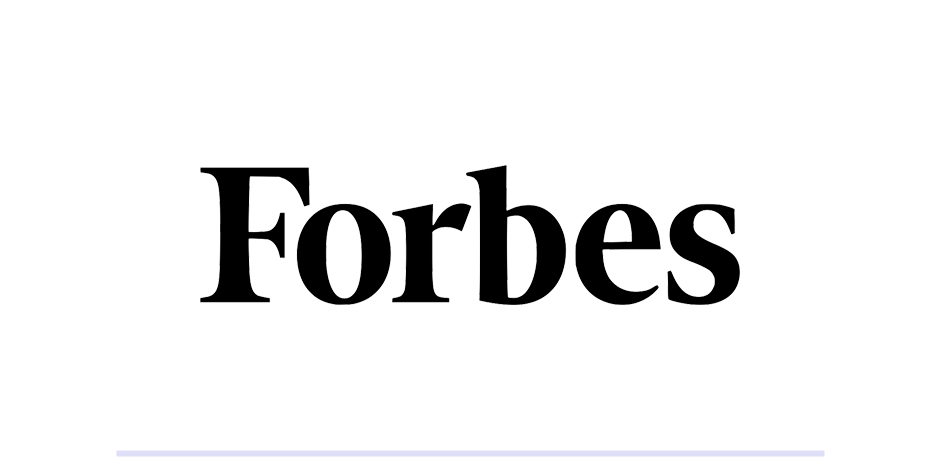After people satisfy their basic human needs for food, clothing and shelter, their safety and security needs take precedence, ahead of higher-level needs for love and belonging, self-esteem, and self-actualization on Maslow’s hierarchy. Given our overall high quality of life, American consumers have been primarily focused on their higher-level needs, taking the basics for granted.
But that was upended by last year’s Covid pandemic. Satisfying the need for basic necessities and personal safety under the threat of catching a potentially deadly and incurable virus turned our world upside down. Everybody and every institution aligned to assure these fundamental needs were met.
Then as we learned more about the virus and took action to limit its spread, things began moving toward normalcy. And with the introduction of the Covid vaccine late in the year, we were offered an almost foolproof way to avoid the most deadly effects of the disease. Infection rates started to fall and 2021 dawned with a renewed sense of optimism and hope, which is always good for business.
But now, after a six-to-nine month reprieve, dark clouds are gathering that once again threaten us. Inflation has reached levels not seen since 2008, caused by a supply chain broken by last year’s pandemic. That, in turn, means the products people need and want are potentially in short supply.
...Pandemic is far from over
And hanging over all the other concerns shoppers face this fall and holiday season is the even more contagious Delta variant.
A new survey from First Insight found that the number of consumers “very or somewhat worried” about the coronavirus in July jumped the highest since March 2020, reaching 64%. And more than half (56 percent) expect to cut back their spending as a result.
 at Forbes.com if you are a subscriber or Download the PDF below
at Forbes.com if you are a subscriber or Download the PDF below













